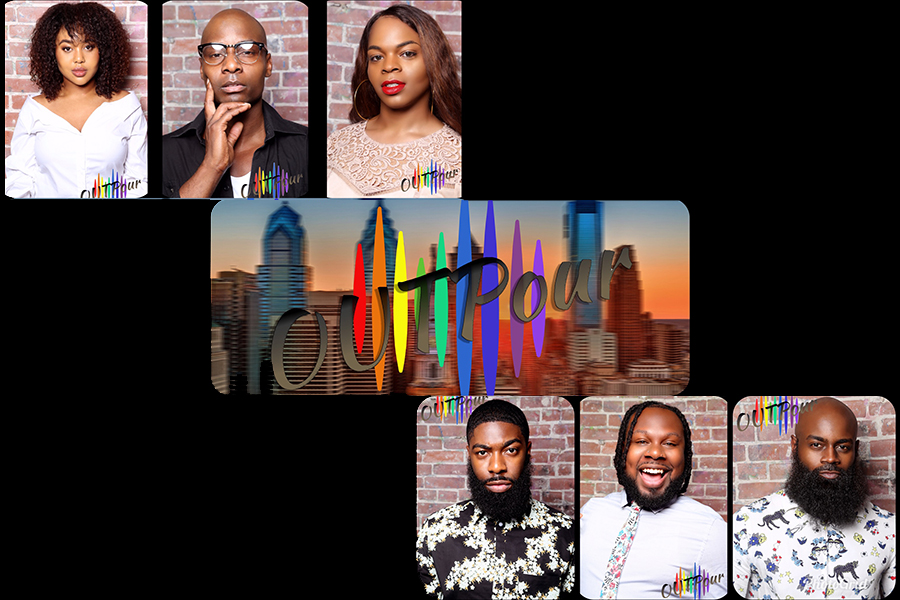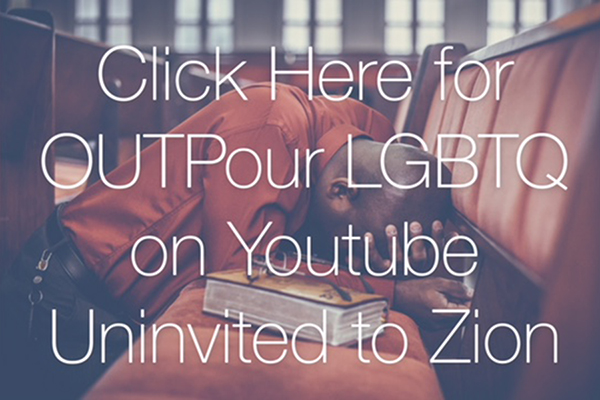Historically, houses of worship in black communities allowed us to keep our sanity as a people. Christianity has been the bedrock of black American liberation for more than 400 years. Black slaves adopted Christianity for survival and mobilization. So why was there no crusade in the ’80s or ’90s for black gay men and trans women when it came to the HIV epidemic?
Theological and spiritual violence is driven by fear, blame and disconnection, and it can also be a powerful incubator for social issues such as diversity, AIDS and LGBTQ discrimination. What happens at the crossroads of LGBTQ people of color and the black church when addressing the issues of HIV?
HIV is not a public-health problem; HIV is a theological issue. In public health, we manage crisis; however, what has always saved black people is their ability to be mobilized through the rich traditions of the African-American church. But the black church has told an entire community of people that the very essence of who they are is an abomination. Black LGBTQ folks were forced to be silent and sit in this oppression.
As a result, what does this mean to a young LGBTQ person when God has been the center of all African-American social-justice issues such as slavery, Jim Crow, civil rights and Obama’s presidency?
LGBTQ people of color who go to religious institutions that don’t affirm them may define themselves as not worthy of love because the Supreme Being does not honor them, resulting in the subliminal message: Your life is of no value to anyone.
Answer this: How, then, do I, as a public-health advocate, ask black queers to engage in protective-health measures? All the professional advice I would give is antithetical to what they have been taught by their religious institutions, communities, schools and families — that their lives have no value. This does not make sense.
For far too long, we as public-health advocates (including myself) have been addressing the HIV epidemic all wrong. HIV is the result of when you (gay men and trans women) have been told, essentially, “You are no good and there is something immoral about you.”
It is this religiosity and connection to the church that have granted black LGBTQ people the spiritual strength and power to continue existing in the United States of America. The black church must learn to stop stigmatizing gay men and trans people, and this religious institution serving as a vehicle to address all public-health concerns. The black church will say, “We can’t talk about that in church” or “Homosexual behavior is an abomination” or “Now is not the right time.”
Well, when is the right time to talk about HIV? Tomorrow? Next week? Or in 20 years?
No. The time for social justice, freedom and health equity in LGBTQ communities of color has always been now. Black LGBTQ people must use this strength to mobilize and march into Zion.

